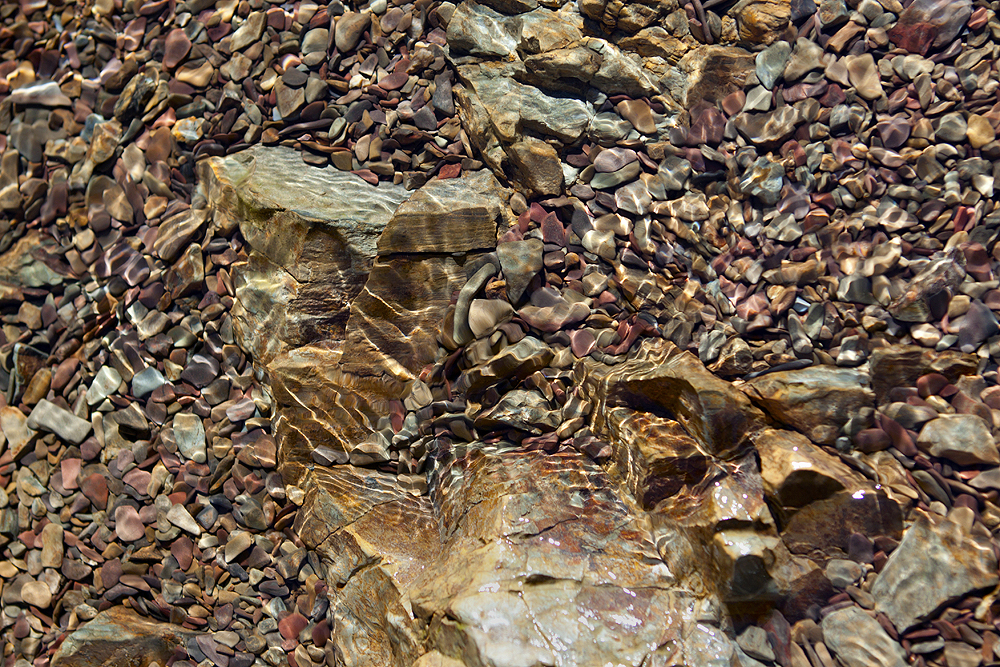
Robert Frank died September 9, 2019 at 94.
Born in Zurich, Switzerland, the photographer emigrated to New York City in 1947. He quickly fell in with an influential – somewhat bohemian – crowd, including the renowned photographer Walker Evans, beat poet Allen Ginsberg (“Howl”) and abstract impressionist Willem de Kooning.
Unlike Evans, Frank was a street shooter, who would mill around the city with his Leica and just document what he saw. And unlike Frank’s European contemporary – Henri Cartier-Bresson – Frank’s emphasis was, well, more frank than Cartier-Bresson’s artsy “decisive moment” street shots.
With the help of Evans, Frank (somehow/how?) got a Guggenheim Foundation grant in 1955, and used the money to get out of NYC and see – and photograph – other parts of the US.
While Frank’s photographs are never political in nature – he’s just observing – the segregation in the South troubled Frank. Frank and his family were Jewish, and his father lost his German citizenship due to his religion when the Nazis came into power. So – while safe in Switzerland during the war – Frank understood institutionalized racism. Many American critics saw his photographs as accusations, and – while in a way some were – it was just Frank showing us what he saw. See the cover photo – a trolley in New Orleans: Whites in the front, blacks in the back. Frank didn’t stage the shot. He just shot what he saw.
The photos he took during this period resulted in a book that is part of the photographic canon: The Americans. An unflinching look at American – through the eyes of an immigrant – the book struck a chord with many (often in a negative way), and influenced an entire generation of photographers, including Garry Winogrand and Lee Friedlander.
The Americans, published in the US in 1959, is also noteable for its introduction, written by the patron saint of the Beats, Jack Kerouac. It’s a weird pairing, but it works (Note – errors in the original):
Anybody doesnt like these pitchers dont like potry, see? Anybody dont like potry go home see Television shots of big hatted cowboys being tolerated by kind horses. Robert Frank, Swiss, unobtrusive, nice, with that little camera that he raises and snaps with one hand he sucked a sad poem right out of America onto film, taking rank among the tragic poets of the world.
Frank was also a fashion photographer and worked with the Rolling Stones on various projects, but his legacy is The Americans.
